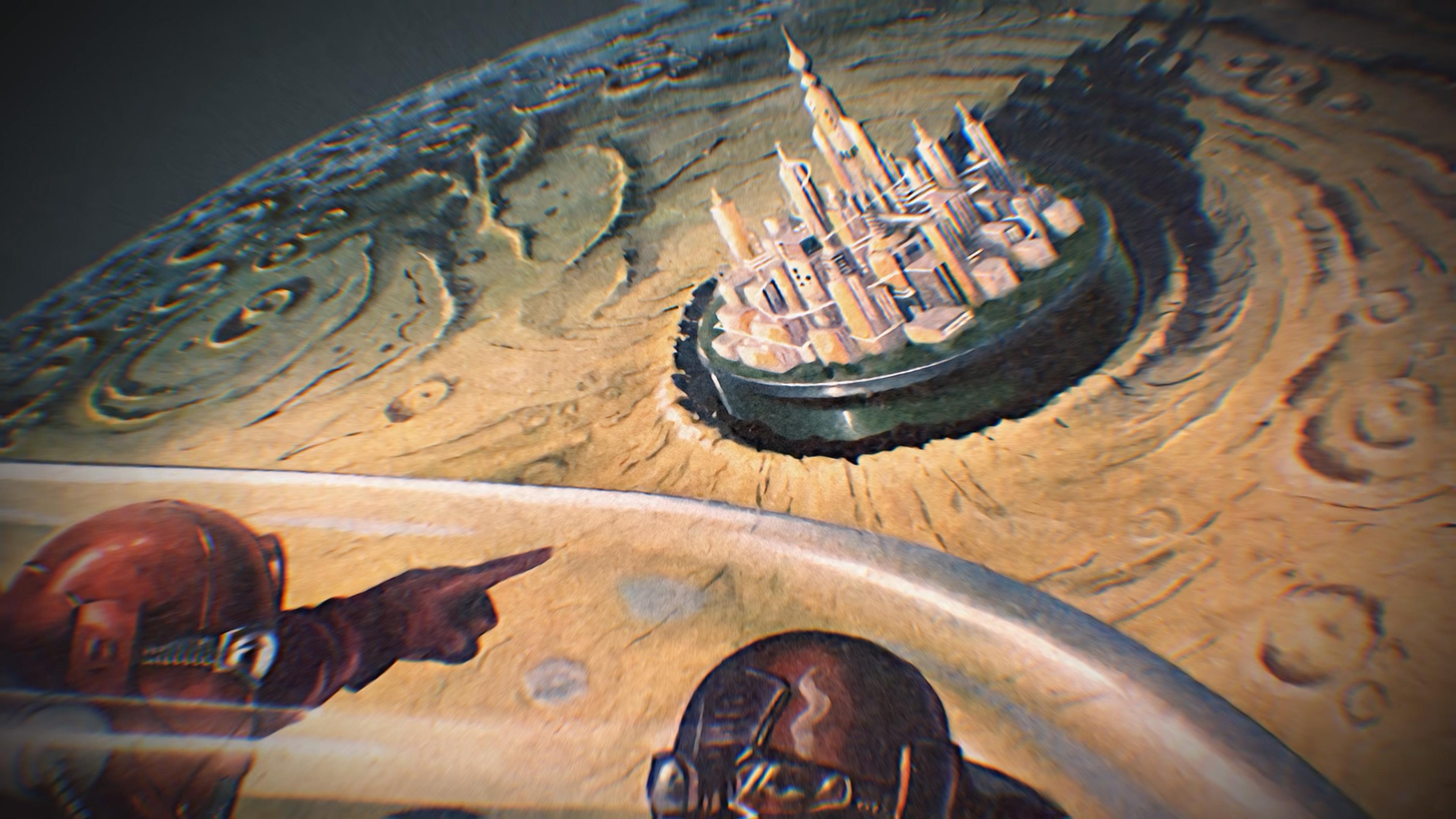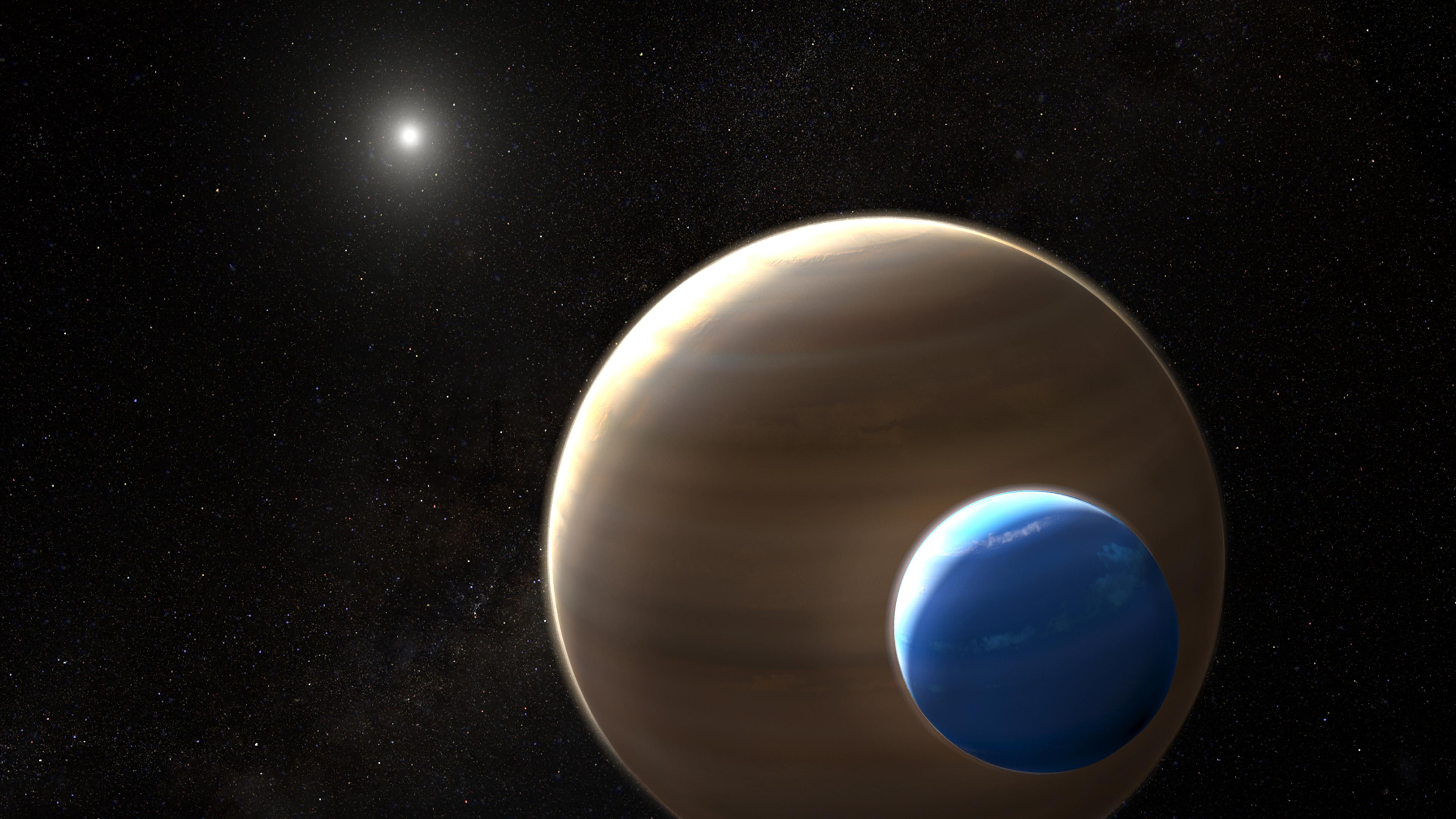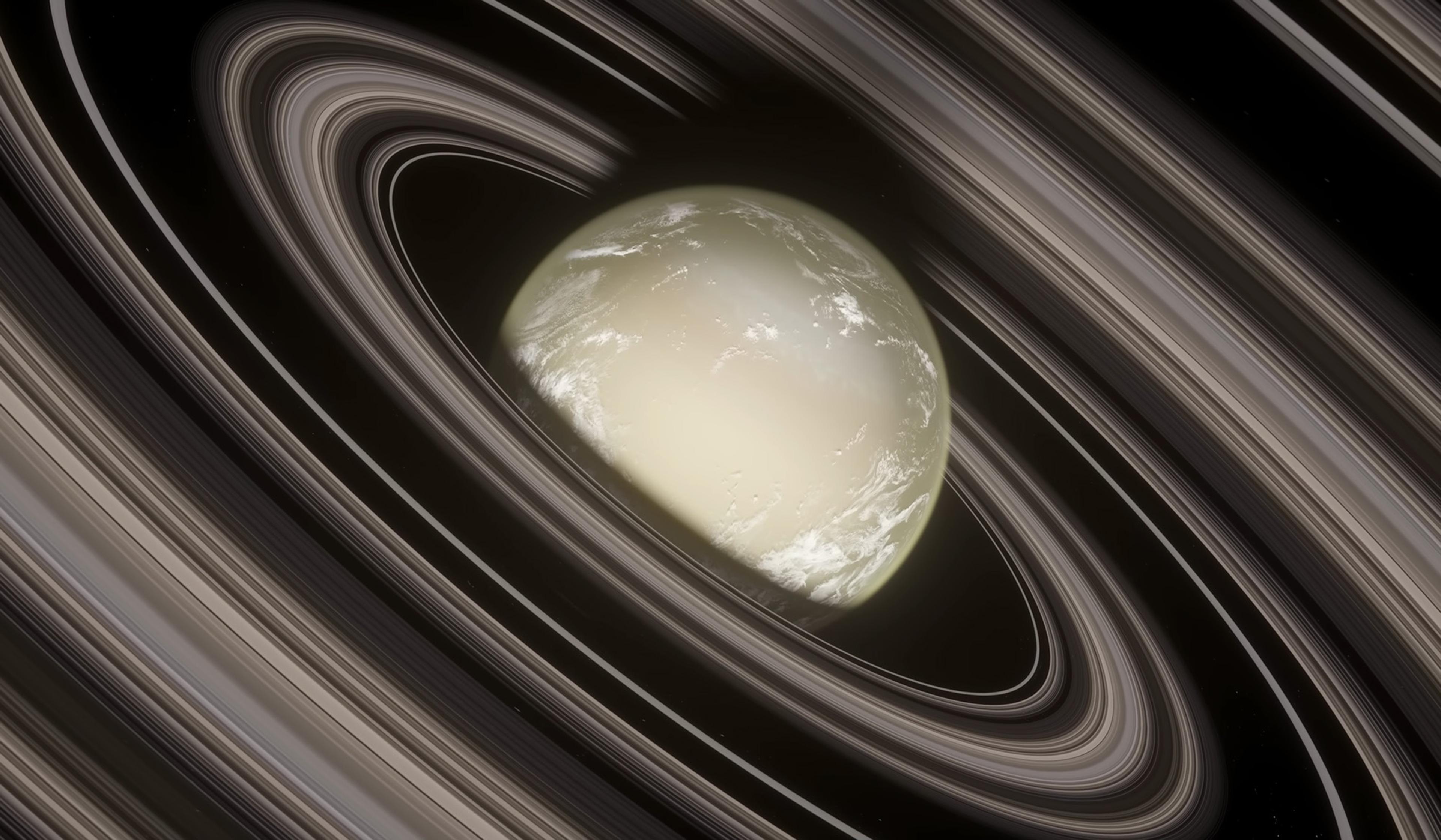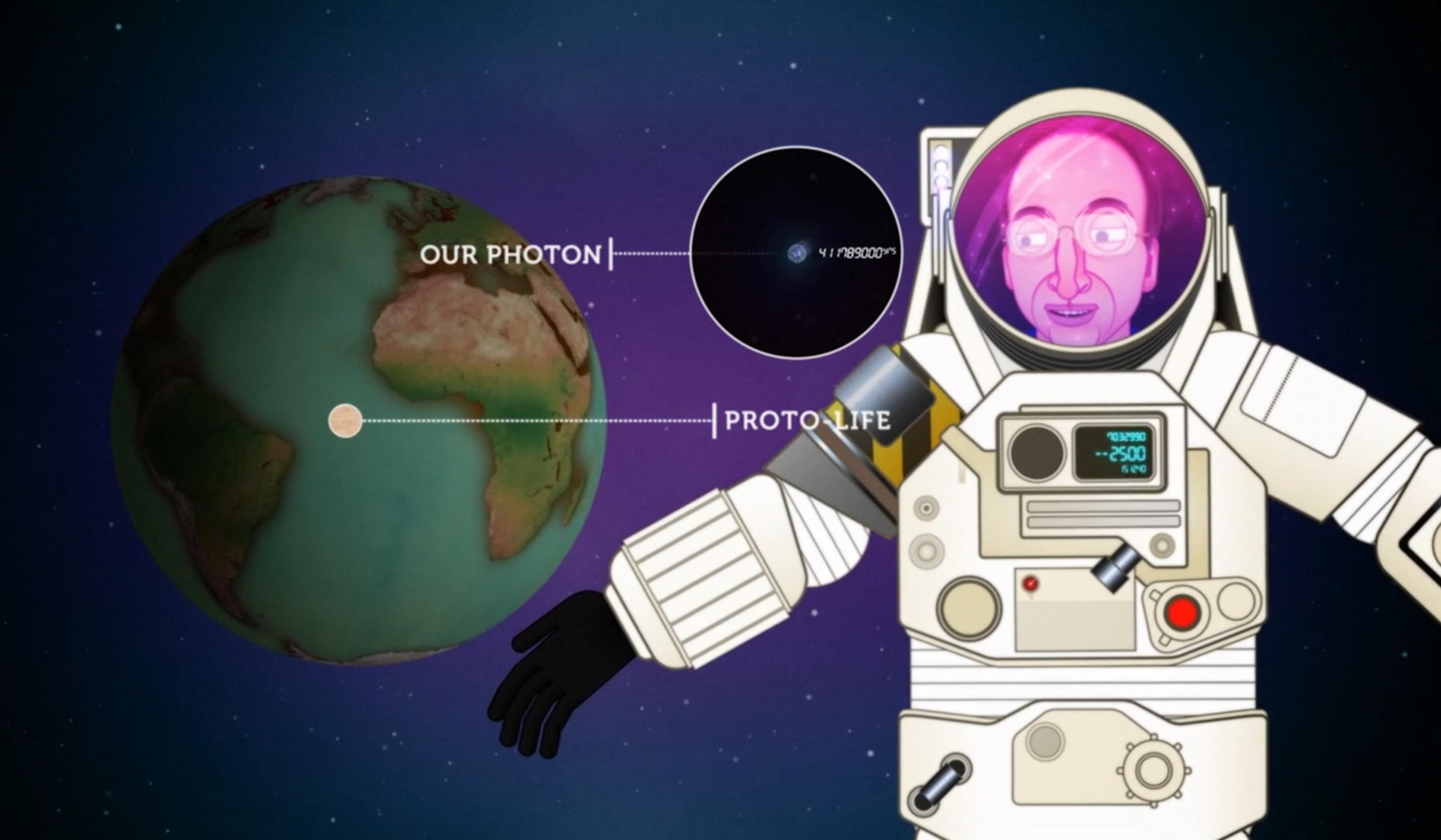In 2017, astronomers identified the first known interstellar object to have entered our solar system, now commonly known as ʻOumuamua. A relatively small body, estimated to be roughly the size of a skyscraper, ʻOumuamua transfixed scientists with its peculiar properties and inspired endless ‘it must be aliens’ takes from a fascinated public – and at least one Harvard astrophysicist. In this entertaining lecture from January 2024, Chris Lintott, professor of astrophysics at the University of Oxford and professor of astronomy at Gresham College in London, makes the case that, while this object’s fleeting presence in our solar system wasn’t coordinated by extraterrestrial life, it still has much to teach us about the nature of the Universe.
Seven years later, what can we make of our first confirmed interstellar visitor?
Video by Gresham College

videoAstronomy
The history of astronomy is a history of conjuring intelligent life where it isn’t
34 minutes

videoAstronomy
Why exomoons could be astronomy’s next big breakthrough
35 minutes

videoSpace exploration
How do you message an alien? Carl Sagan offers some simple suggestions
8 minutes

videoHistory of science
How we came to know the size of the Universe – and what mysteries remain
26 minutes

videoAstronomy
Finding alien life demands real imagination – not recycled sci-fi tropes
5 minutes

videoSpace exploration
Imagine alien signals are detected. Here’s what happens next
3 minutes

videoSpace exploration
Burning ice, metal clouds, gemstone rain – tour the strangest known exoplanets
31 minutes

videoAstronomy
Take a 10 billion-year journey with a photon, from a distant supernova to Earth
3 minutes

videoAstronomy
Finding alien life raises huge ethical questions. Finding we’re alone does, too
6 minutes